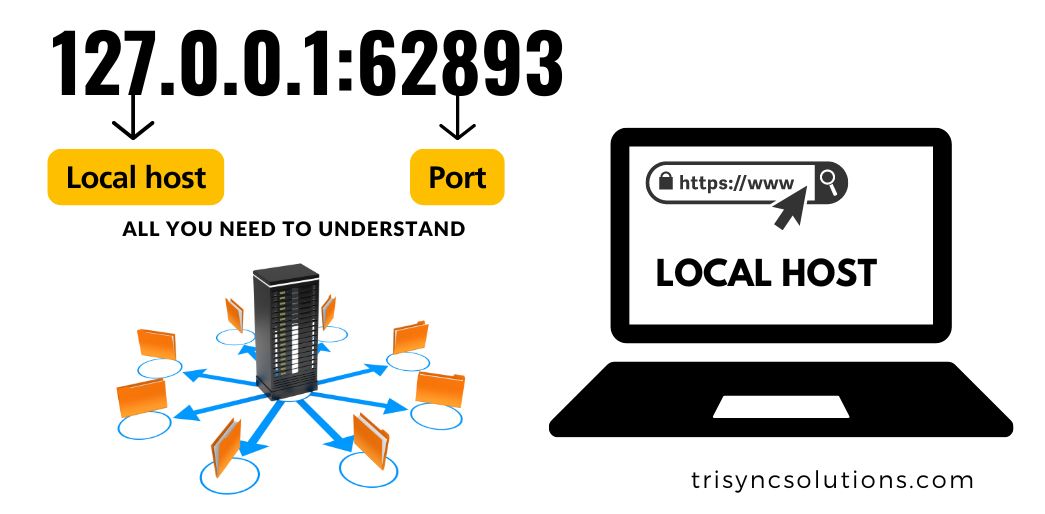Since the beginning of small businesses, maintaining a strong financial record is the key to success. Before discussing about small business bookkeeping in the UK, let’s hunt through the historical origin of this indispensable practice and take a look at how modern techniques have become crucial to enhance business growth.
The Historical Background Of Bookkeeping
Bookkeeping has a substantial history dating back centuries. It was practiced since ancient civilizations, where rudimentary account methods were used to keep track of financial activities. Moving forward to middle age era double entry bookkeeping system was emerged in Italy, restructuring how financial transactions were recorded.
In the UK, the Industrial Revolution encouraged the need for more highly developed financial accounting system. The 19th century witnessed the emergence of professional accountancy, setting the base for accurate bookkeeping practices we all know today. Manual ledgers and handwritten records were typically used, demanding careful attention to details.
In latter half of the 20th century small business bookkeeping in the UK witnessed an ideal shift in accountancy standards. Spreadsheets and accounting software were introduced to well organized the process, resulting in minimize the margin for error and increasing efficiency. This move allowed managing the finances with significant accuracy.
Moving on to current era, businesses were introduced with cloud based accounting software which has become the center pillar of small business bookkeeping. Software like QuickBooks, Peachtree and Xero offers real time team work, convenience, automation and empowering entrepreneur to focus on their core accomplishments.
Why Bookkeeping Is Essential For Small Business
Successful bookkeeping is essential source of strength for positive result of small businesses, performing an important part in providing financial clearness, open doors for well informed decision making and future forecasting. Below are the few points summarizing why small businesses cannot afford to ignore bookkeeping.
-
Financial Transparency
Small business bookkeeping offers to the point and transparent synopsis of the company’s financial position, making sure a clear knowledge and understanding of all financial activities/ transactions.
-
Decision Making
Access to financial data authorizes small business entrepreneurs to knowledgeable decision making. Driving the business towards effective and credible expansion.
-
Organized Cash Flow Management
By keeping track of cash flow bookkeeping helps, businesses in pointing out issues, future forecasting, trends and business financial stability.
-
Investors and Creditors Confidence
Precise financial records infuse trust in investors and creditors, it amplify to attract business for funding from financial institutions and business collaborations.
The Key Difference Between Bookkeeping And Accounting
At brief bookkeeping and accounting may appears to be like a double edge sword. But they serve clear-cut role in the financial management of a small business. The key features of both functions are discussed below.
- Both Bookkeeping and Accounting works like a relay race where Bookkeeping mostly involves in recording day to day financial transaction, which including posting invoices, expense tracking and maintain ledger. On the other hand Accounting takes baton from bookkeeping where it analyzes and summarizes the data provided by bookkeepers. Accountants utilize the data to compile reports and make sense for the company’s financial standing.
- Bookkeeper’s main duty is to record accurate and organizes data. The main role is to record all financial transaction correctly, whereas Accountants responsibility is to prepare income statements, balance sheets and cash flow statements. These statements help in analyzing future financial forecasting.
This shows that small business bookkeeping is the first step towards company financial progress. Together both bookkeeping and accounting form a harmonious relationship for small businesses success.
10 Bookkeeping Tips for Small Business
Commencing on the journey of starting a small business is an exciting venture, but as you indulge into entrepreneurial activities one analytical condition demands your consideration form the start. Smart bookkeeping is the first building block towards financial success, providing a well-informed layout for decision making and strategic success. Let’s explore key point to start the small business bookkeeping.
-
Grasp the Basic
Adapt yourself with the basics of bookkeeping such as debit, credit, assets, liability and equity. A solid understanding of knowledge will help you to implement proper bookkeeping practices.
-
Right Bookkeeping System
Choosing a bookkeeping system will help you to accomplish your business requirements. Scrutinize user friendly software like QuickBooks or Xero for efficient and accurate record handling.
-
Keep Detail Record
Routinely record all financial transactions which include sales, purchase and expenses. Systematic and comprehensive records make ground for effective small business bookkeeping.
-
Monitor Invoices, Receipts and Reconciliations
Develop a system to monitor and recording invoices and receipts. Reconcile the bank statements and credit cards on daily basis. These steps make sure that all financial record is crystal clear for reporting and it helps in minimizing errors and remove discrepancies.
-
Organized Documentation
Always equip with an efficient filling system for invoices and receipts. Regularly backup your financial data before any mishap occurs result in data loss.
-
Reasonable Goals
Always set achievable goals to help in business for-casting and strategy. Unrealistic goals always result in bearing financial loss.
-
Dedicated Cash Flow Inspection
Regularly check the cash flow to point out any discrepancy and address any issue. Always monitor the data entry to inhibit any backlog of cash flow transactions. Understanding the inflows and outflows of cash always help the business to foresee any potential financial threats.
-
Keep Personal And Business Finance Separate
Always open dedicated business bank account to avoid personal and business transactions. It helps in correct error free bookkeeping and also helps in tax preparations.
-
Professional Advice
Always take advice from experts especially professional accountants to cope up with legal and strategic information.
-
Stay Informed
Frequently keep yourself well informed about any change in tax legislation and accounting standard so that your business don’t encounter any issues.
Conclusion
Initiating small business bookkeeping may seems to be an amazing task, but with discrete planning and following the above mention steps, will help you to set up a prosperous financial infrastructure for your business. Competent bookkeeping is not just about compliance, it’s a tool that allows you to make well informed decisions, encourage growth and sail through the financial tasks with outmost confidence.






